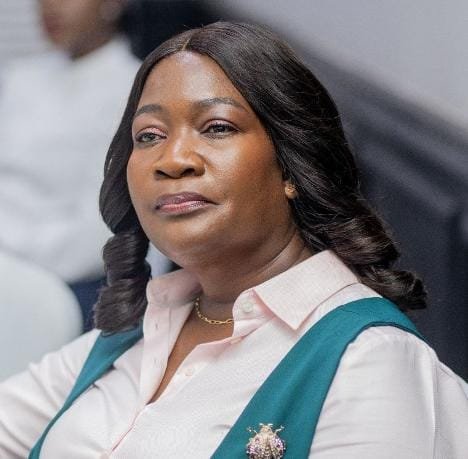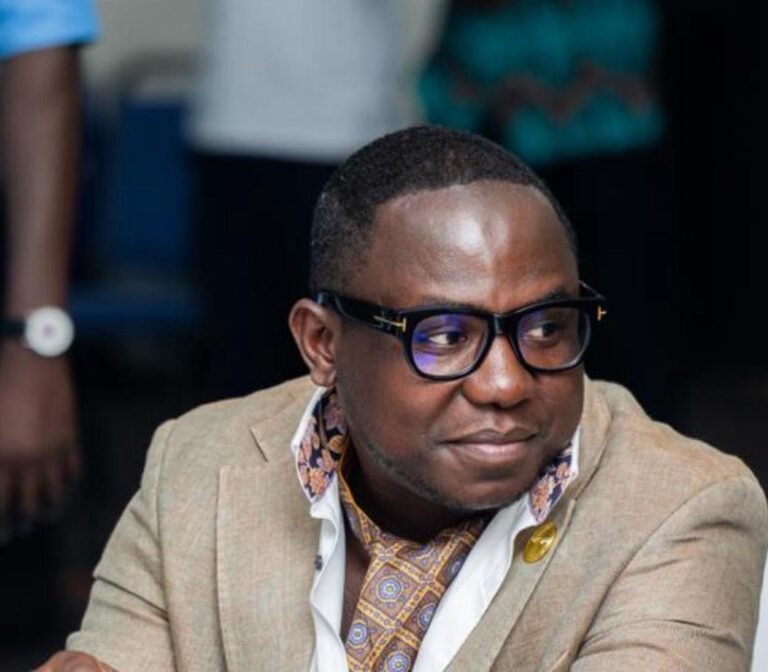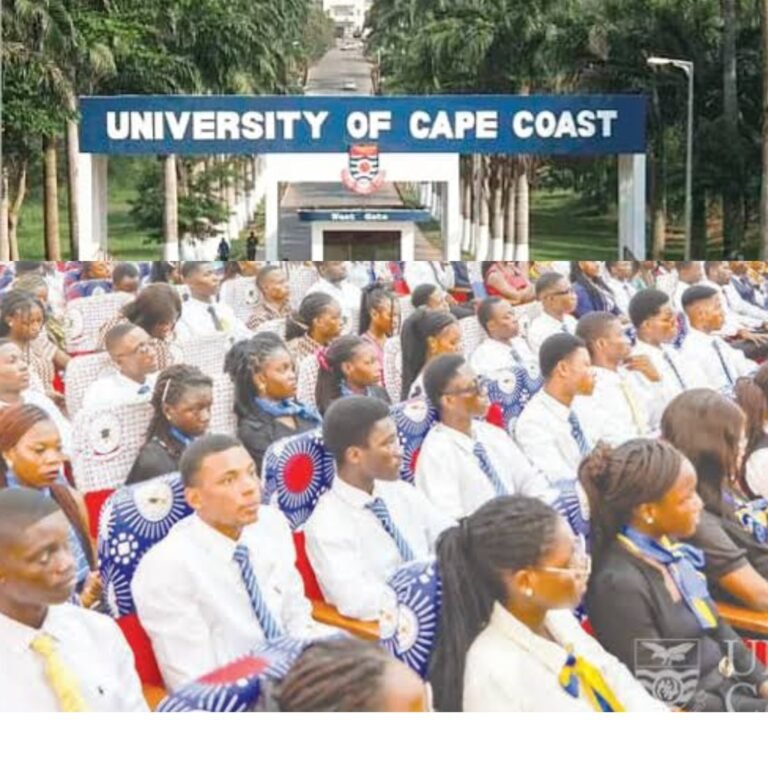
Emmanuel Kwarteng
You might have heard the adage “Politics is a dirty game”, and wondered why is it so? But be that as it may, the question that arises is: is it always the case or this statement applies to only third world countries or global south nations?
Well, I am curious for answers just as you are. Get along while I juxtapose the Ghanaian political system vis-à-vis Animal Farm – a book written by Eric Arthur Blay under the pen name “George Orwell”.
Politics, and for that matter political system, is one of the society’s many systems, and may be seen as the most relevant of all systems. American political scientist Gabriel Almond described the political system as “the legitimate order-maintaining and transforming system in society.”
At the MANOR FARM – later changed to ANIMAL FARM after rebelling – the animals under the supervision of Mr Jones realised that they were not being treated well and rebelled against Mr Jones, thereby driving him out of the farm. The animals did so with the sole intention that they could manage their own affairs as well as being their own bosses.
Admittedly, I do not subscribe to their modus operandi. This can be seen as the struggle for independence in Ghana; the difference is that Ghana used dialogue.
‘Animalism’ ideology says all animals are equal. That’s how they started. When they did the revolution, they said all animals are equal. Then when Napoleon and the pigs started enjoying, they had to justify why they were enjoying so they said, “all animals are equal but some are more equal than others”.
This reechoed Lord Acton’s famous quote; “Power tends to corrupt; absolute power corrupts absolutely”.
Juxtaposition
The New Patriotic Party (NPP) government, led by H.E President Akufo-Addo, through massive campaign promises caused a great ‘revolution’ at the polls in the country’s 4th Republic with a vote margin of over one million in 2016- the biggest margin for any opposition party.
They said, among other things: “we shall open the opportunities of this country to all Ghanaians irrespective of your party, or your ethnic affiliation”. The President, then candidate Akufo-Addo declared boldly that he shall protect the public purse, fight corruption, create jobs for the teeming youth, and improve healthcare delivery as well as embarking on industrialisation – one district, one factory, etc.
Per the records, there is still work to be done in all the aforementioned areas, although they have implemented key campaign promises such as the 1D1F, Free SHS, Office of the Special Prosecutor, among others.
Similarly, prior to 2016, the biggest opposition party, National Democratic Congress (NDC), then the party in power, also promised Ghanaians ‘heaven’ in the run up to the 2008 and 2012 elections.
Eight years of NDC reign witnessed a number of scandals such as the Woyome 51 million cedis saga, bus branding, SADA, among others. Arguably, these were not the manifesto promises the NDC made to Ghanaians. However, the administration undertook some key projects such as Kotoka Terminal 3, UGMC, Community Day school or E-blocks among others.
Another worrying trend is the growing perception of politics becoming the avenue to enrich oneself. This is obvious because politicians and private citizens who align themselves with political parties are not questioned for owning certain properties.
The book also brought to the fore a very key character – Squealer – who was that good at communicating his master’s ideas to the rest of the animals. Squealer is the modern-day or real life information minister, and, on another breathe, propaganda secretary. It is then not surprising that the NDC, until recently, used to have a propaganda secretary – whose main job was to position the party in good light at all cost.
As countries, through political systems, strive to get out of the state of ‘Animal Farm’, by ensuring development is spread across various sectors of their economy, African countries, including Ghana, continue to grapple with bread and butter issues.
This must be a clarion call to our political leaders to sit up and deliver on their promises to the ordinary citizen to bring about improvement in the standards of living.
The writer is a student of the Ghana Institute of Journalism (GIJ).








